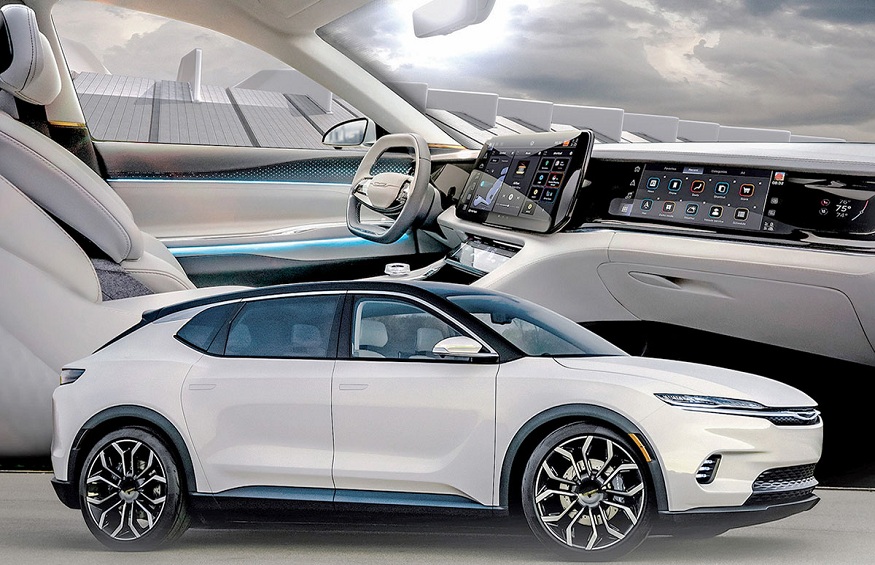Electric vehicles (EVs) have a bright future, with many experts predicting that they will play a significant role in the global transportation system. Several factors are driving the growth of the EV market, including:
Government Support: Governments worldwide are enacting policies and incentives to encourage the use of electric vehicles, such as tax credits, rebates, and grants.
Technological advancements: Battery technology is improving, resulting in longer driving ranges and faster charging times, making EVs more practical and appealing to consumers.
Concerns about the environment: As people become more aware of the environmental impact of gasoline-powered vehicles, more people are turning to EVs as a more sustainable transportation option.
Increase in Charging infrastructure: With an increasing number of charging stations being built, it is becoming more convenient for EV owners to charge their vehicles.
Increase in production and decrease in cost: With the rise in output, EVs are expected to decrease, making them more affordable to a larger population.
It is certainly possible that some of the factors mentioned above could play a major role in shaping the future of electric vehicles (EVs). However, it’s important to note that the future of EVs is uncertain, and many unknowns could affect its development. Some possible factors that could shape the future of EVs include the following:

Battery technology: Advances in battery technology could lead to longer driving ranges, faster charging times, and lower costs, making EVs more practical and appealing to consumers.
Infrastructure: The development of a robust charging infrastructure is crucial for the widespread adoption of EVs.
Government policies: Government policies such as subsidies, tax incentives, and regulations could play a major role in promoting EV adoption.
Consumer preferences: Consumer preferences and buying habits could also affect the future of EVs, as people may opt for different types of vehicles depending on their needs and budget.
Cost: EVs and their components, such as batteries and charging infrastructure, will continue to play a major role in the EV market.
Overall, the future of EVs is uncertain and will depend on various factors, including technology, policy, and consumer demand.
An EV box truck is powered by an electric motor rather than a traditional internal combustion engine is known as an electric vehicle (EV) box truck. Electric delivery vans and electric cargo vans are other names for them. These vehicles are becoming more popular because they offer several advantages over traditional gasoline-powered box trucks, including:
Lower operating costs: Charging an EV is typically less expensive than refueling a gasoline-powered vehicle because electricity is often cheaper than gasoline.
Lower emissions: EVs emit no emissions, whereas gasoline-powered vehicles emit harmful emissions that can harm the environment.
Improved energy efficiency: Electric vehicles are more energy efficient than gasoline-powered vehicles because they put more energy in the battery to use.
Quieter: Compared to internal combustion engines, electric motors are quieter.
Zero-emissions: EV box trucks emit no emissions while operating, making them an environmentally friendly option.
Maintenance costs are lower because electric drivetrains have fewer moving parts than gasoline-powered vehicles.
However, the range of an EV box truck is limited, and they are more expensive than their diesel counterparts. With the increasing number of charging stations, it is becoming more convenient for EV owners to assign their vehicles, making it more practical for long-distance deliveries.









Leave a Reply
You must be logged in to post a comment.